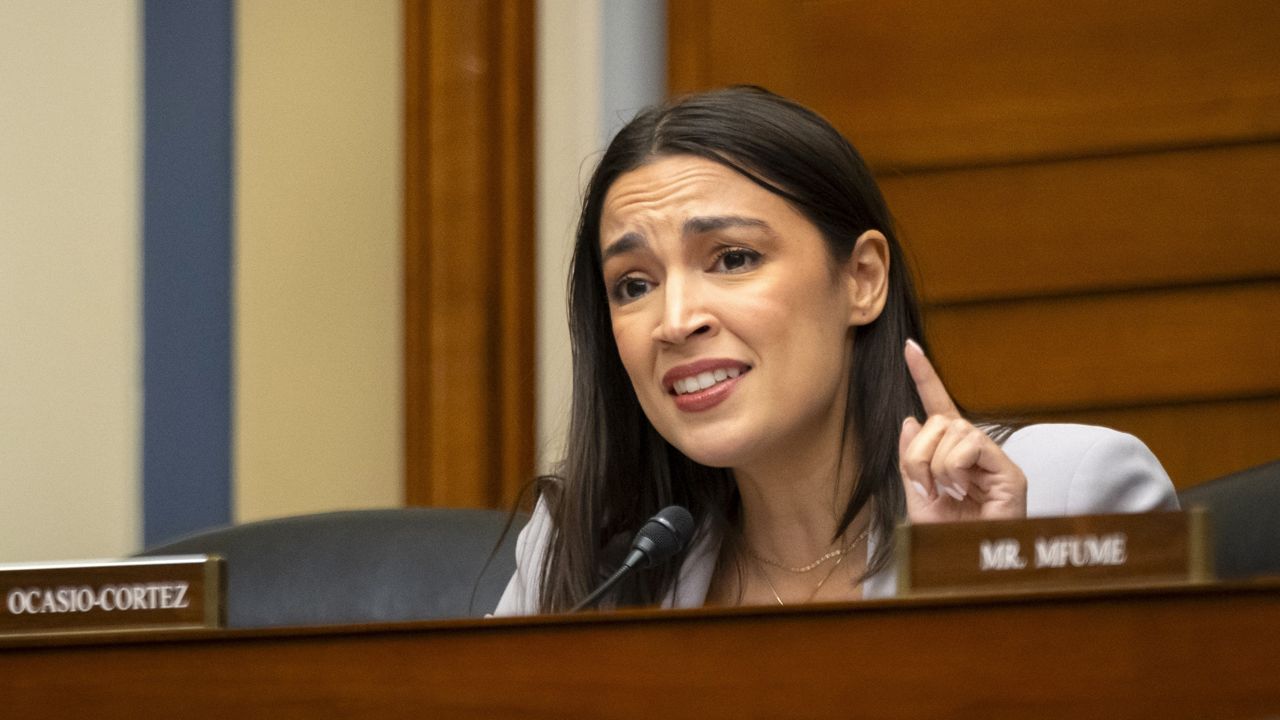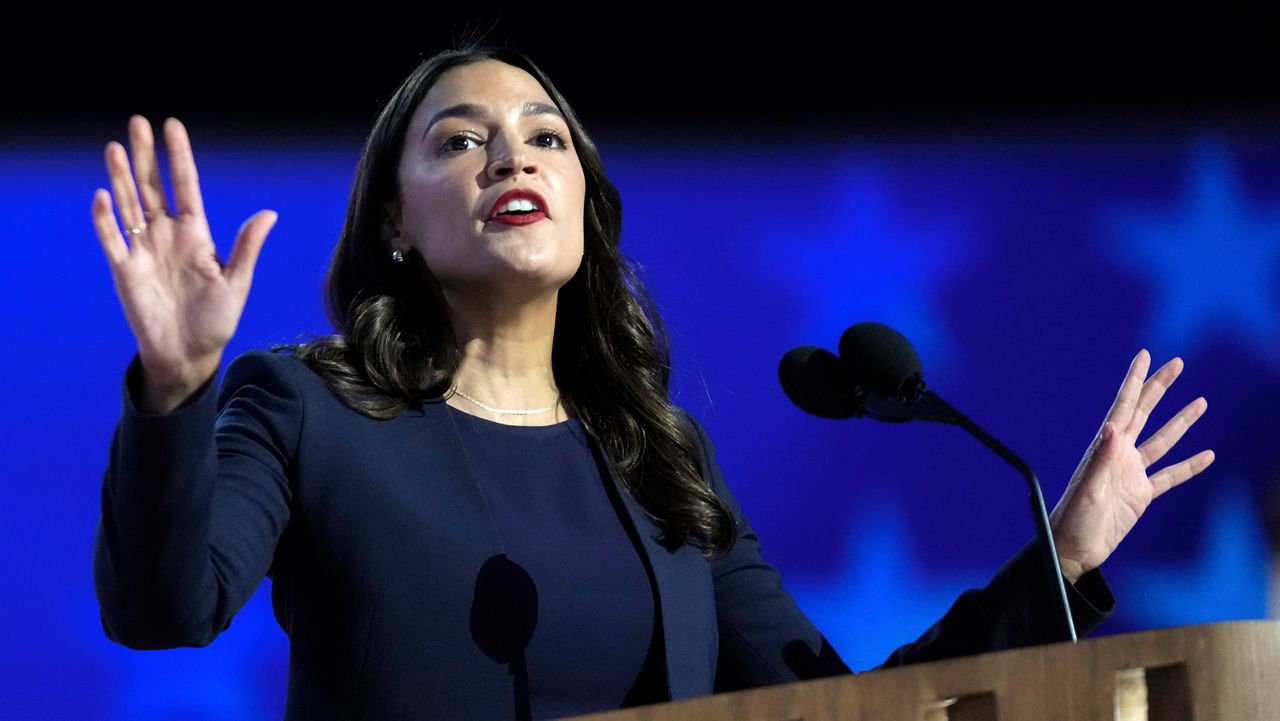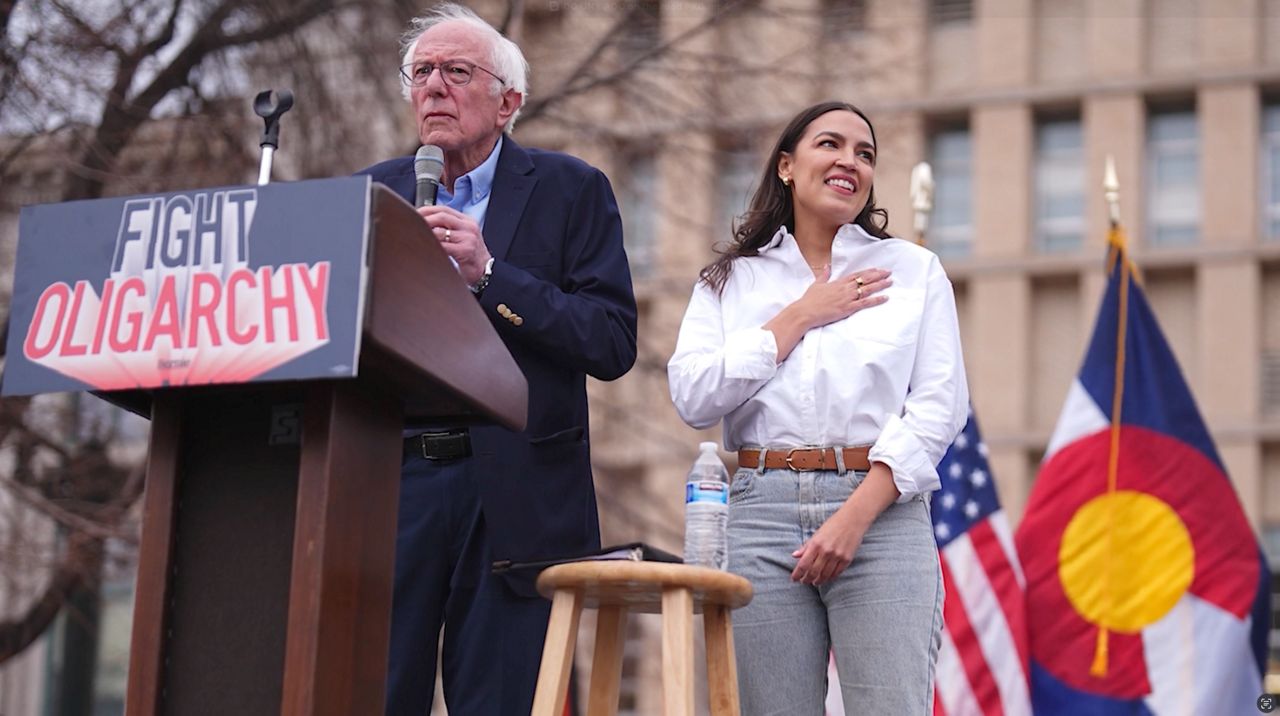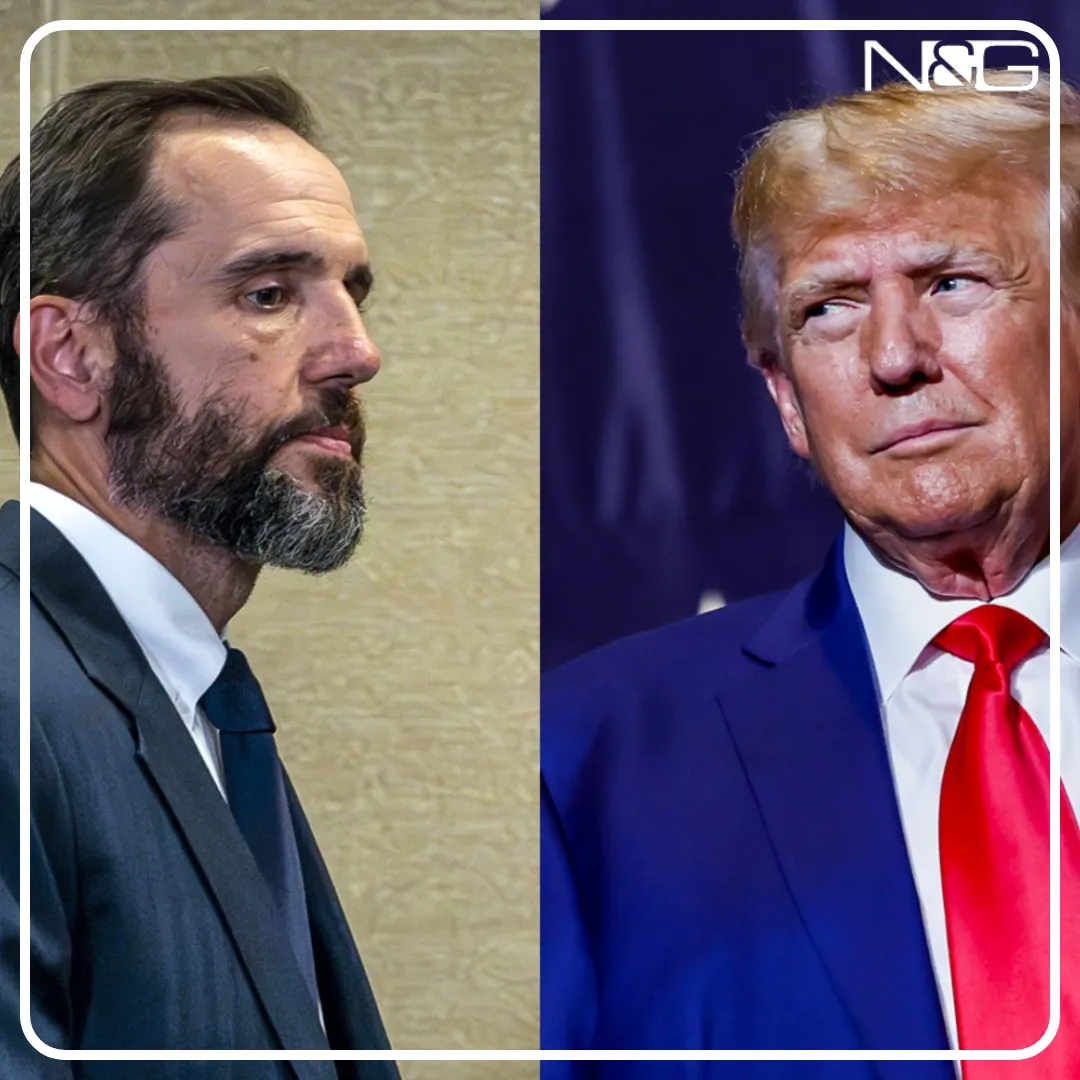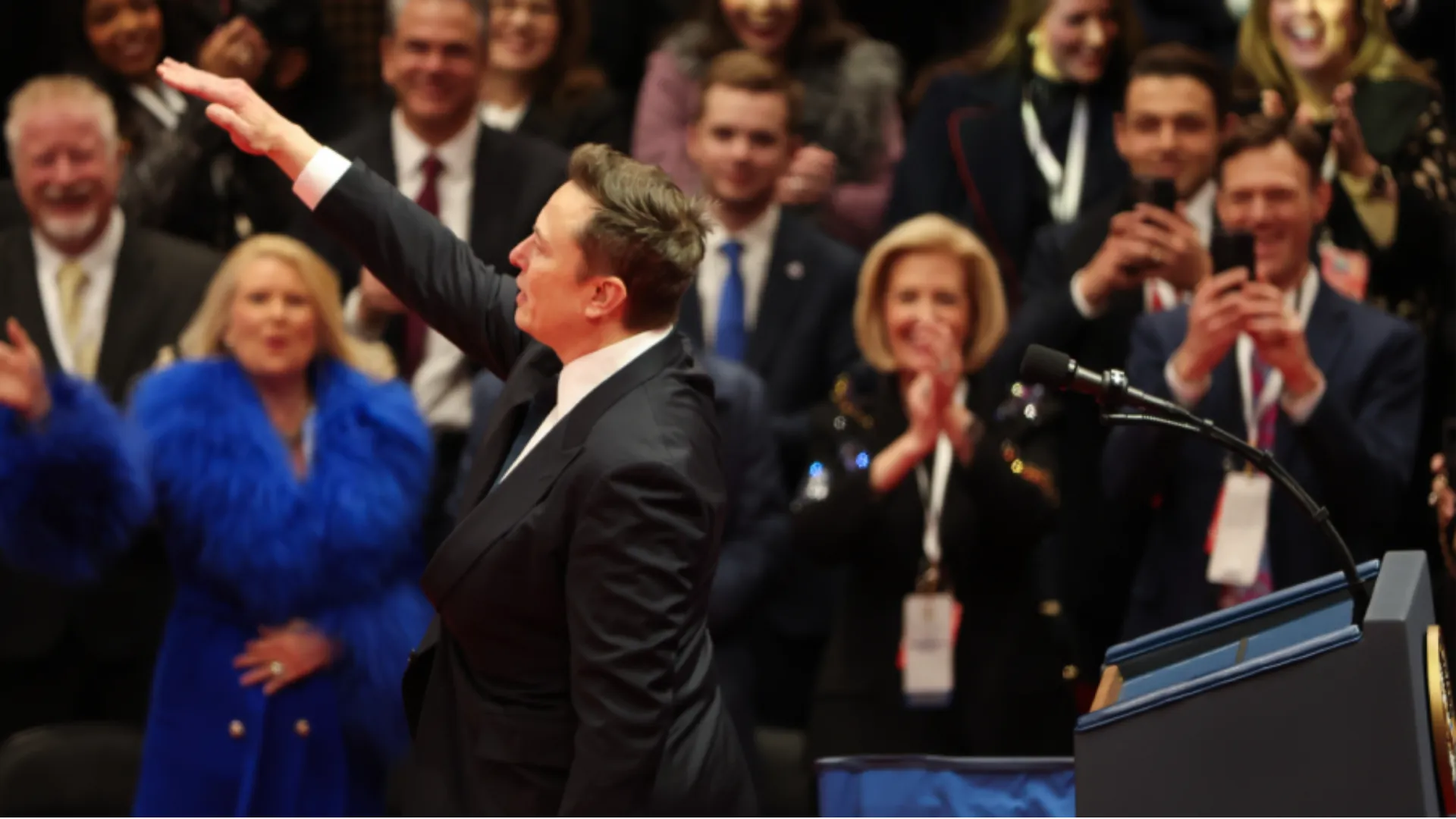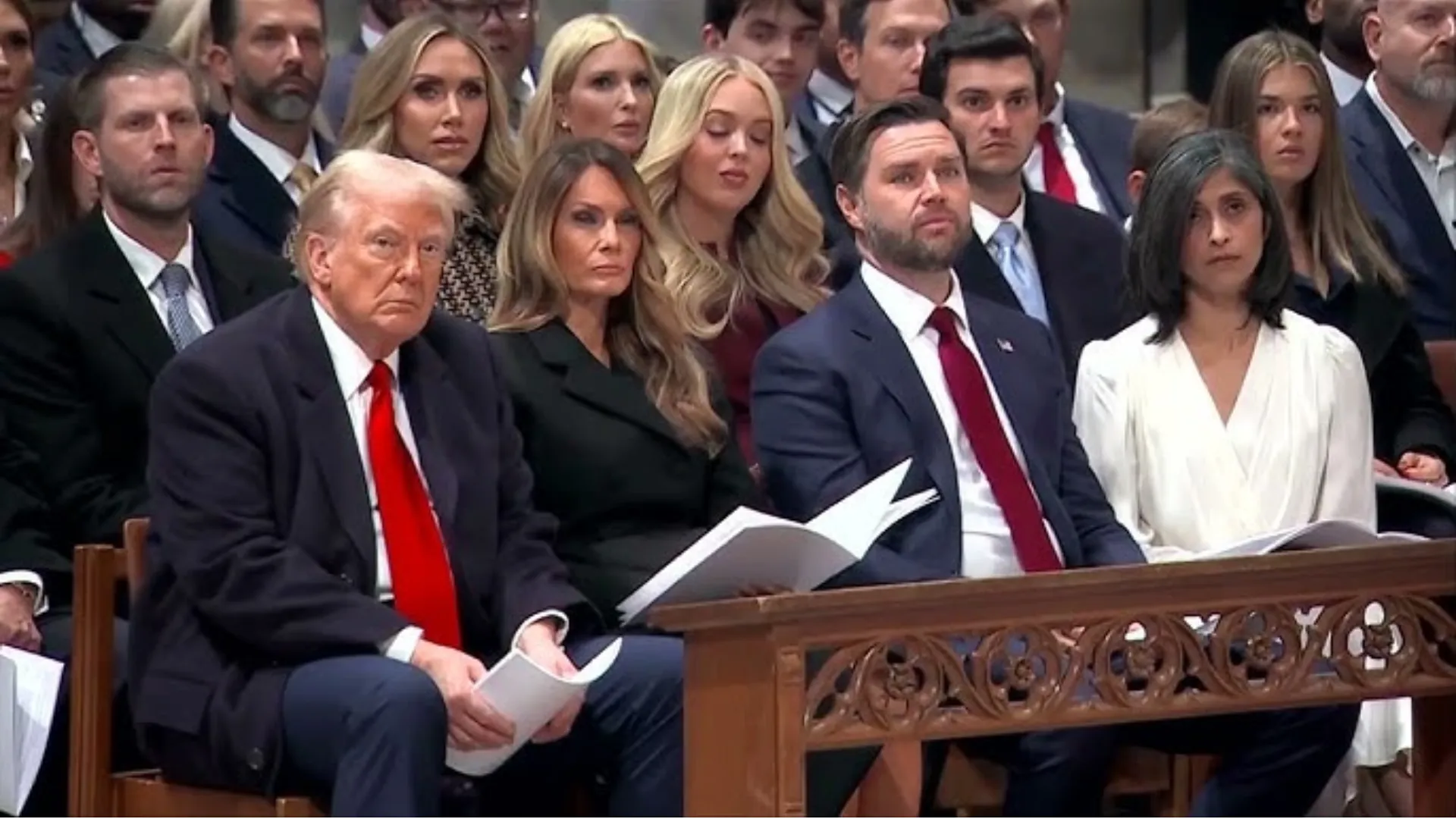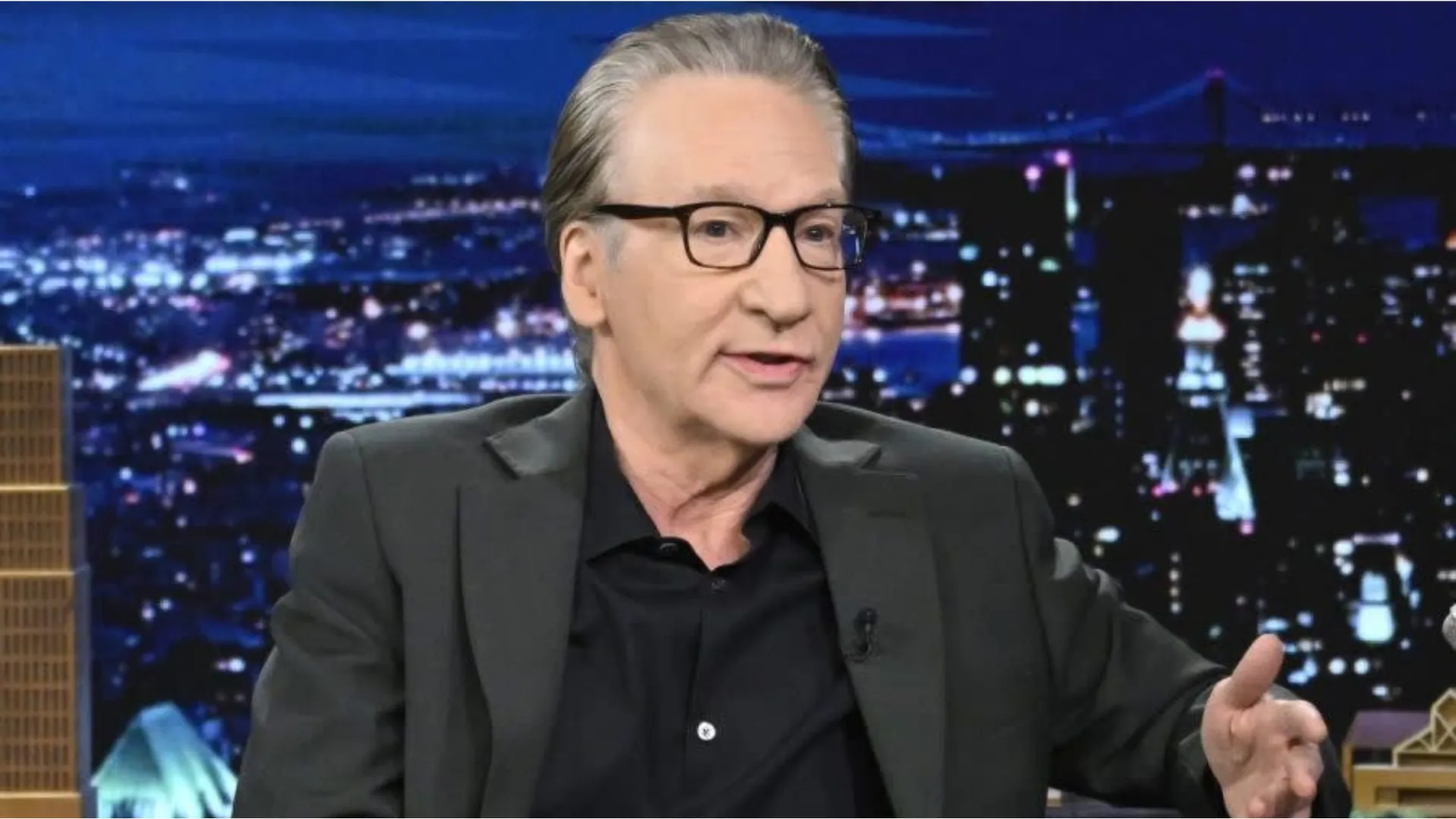As questions mount over President Donald Trump’s abrupt reversal of his sweeping tariff policy and the resulting surge in the stock market, Representative Alexandria Ocasio-Cortez is urging the public not to focus solely on financial misconduct in Congress but to look squarely at the White House.
The New York Democrat and progressive firebrand is once again making waves with a pointed observation that connects two of the most controversial political topics of the moment: insider trading and executive power.
“If people are pissed about insider trading here at the House,” Ocasio-Cortez said this week, “look at what’s happening at the White House right now.”
Her comment comes as a growing number of Democratic lawmakers push for investigations into whether Trump or any of his administration officials profited from prior knowledge of the administration’s tariff reversal last week.
At the center of the controversy is a now-infamous post from Trump on his social platform Truth Social, made just hours before announcing the pause on most tariffs. In the post, he told his followers, “Everything is going to work out well. It’s a great time to buy!”
That message, vague but conspicuously timed, was posted following a week of market turmoil triggered by the president’s aggressive global tariff plan, which included a 145 percent tariff on Chinese goods and a blanket 10 percent tariff on all other imports.
Investors and analysts had been scrambling to understand the policy’s long-term implications when, without warning, the president changed course.
Shortly after his Truth Social post, Trump officially announced a 90-day pause on all new tariffs except those targeting China. The market responded immediately. Stock prices rebounded sharply, wiping out some of the losses from earlier in the week.
To many Democrats, the sequence of events appeared far too convenient to be dismissed as coincidence.
Ocasio-Cortez, commonly known as AOC, has long been a vocal critic of insider trading among elected officials. She has supported legislation that would ban members of Congress from trading individual stocks while in office, arguing that it erodes public trust and creates unfair advantages for lawmakers with access to sensitive information.
But in her recent comments, AOC made clear that the real threat may lie not within the halls of Congress, but down Pennsylvania Avenue.
Her concern is not just about a single market rally. It’s about what she views as a growing pattern in the Trump administration: policy decisions with major financial implications being made behind closed doors, followed by sudden announcements that can dramatically shift markets—and potentially enrich those who had prior knowledge.
Senators Elizabeth Warren and Chuck Schumer have already sent a formal letter to the Securities and Exchange Commission urging an investigation into the tariff announcement and its market consequences.
The letter raised specific concerns about whether any administration insiders, including members of Trump’s family, may have used their access to make trades ahead of the policy change.
The call for an SEC probe has ignited a firestorm in Washington. Supporters say the investigation is necessary to uphold the integrity of public office. Critics, mostly from Trump’s political circle, have dismissed the accusations as politically motivated and baseless. But Ocasio-Cortez isn’t backing down.
In a press briefing, she elaborated on her concerns, saying that when the president of the United States issues economic policies that directly impact financial markets, and then makes statements implying an inside understanding of market behavior, the situation demands full transparency.
She argued that if lawmakers are required to disclose trades and face scrutiny for timing and profit margins, then the president and his closest advisers should be held to at least the same standard, if not higher.
“There’s this idea that insider trading is just about stock trades,” she said. “But what we’re talking about here is a president moving markets with his words and then claiming that everything is going to be fine just before announcing a major policy shift. That’s not just suspicious—it’s systemic abuse of power.”
Support for AOC’s stance is growing among progressives and even some moderates who are uneasy about the appearance of impropriety surrounding Trump’s tariff decisions. While no concrete evidence has yet surfaced proving that any Trump official engaged in insider trading, the timing of events has raised legitimate questions.
Financial analysts noted that certain sectors, including tech and manufacturing, saw early and significant gains in the hours following Trump’s cryptic social media post.
Adding fuel to the fire, anonymous sources inside the White House have described the internal reaction to the tariff reversal as frantic. According to one staffer, senior officials had been briefed about the likely market implications of reversing course on tariffs days before the announcement.
Another source said they witnessed a flurry of communications between aides and outside contacts in the hours before Trump posted his message on Truth Social.
The lack of transparency surrounding Trump’s decision-making process is a recurring theme in criticisms of his leadership.
Under his second administration, oversight mechanisms have eroded, with watchdog roles gutted and agencies like the Securities and Exchange Commission and Department of Justice led by loyalists who have shown little appetite for confronting the president.
Elon Musk, now heading the Department of Government Efficiency, has also come under scrutiny. Musk’s close proximity to Trump and his influence over federal agencies have made him a central figure in the debate over ethical boundaries and government accountability.
The decision to channel all Social Security Administration communications through X, Musk’s platform, only heightened fears of blurred lines between public service and private interest.
AOC mentioned Musk indirectly in her remarks, suggesting that the current administration’s use of privatized platforms and personal networks to distribute official information represents a dangerous trend.
She said that public trust is eroded not just by scandal, but by the perception that some individuals operate above the rules that govern everyone else.
“This is about trust,” she said. “People are angry about Congress because they think the system is rigged. But if they’re angry at us, they should be absolutely livid about what’s happening in the executive branch right now.”
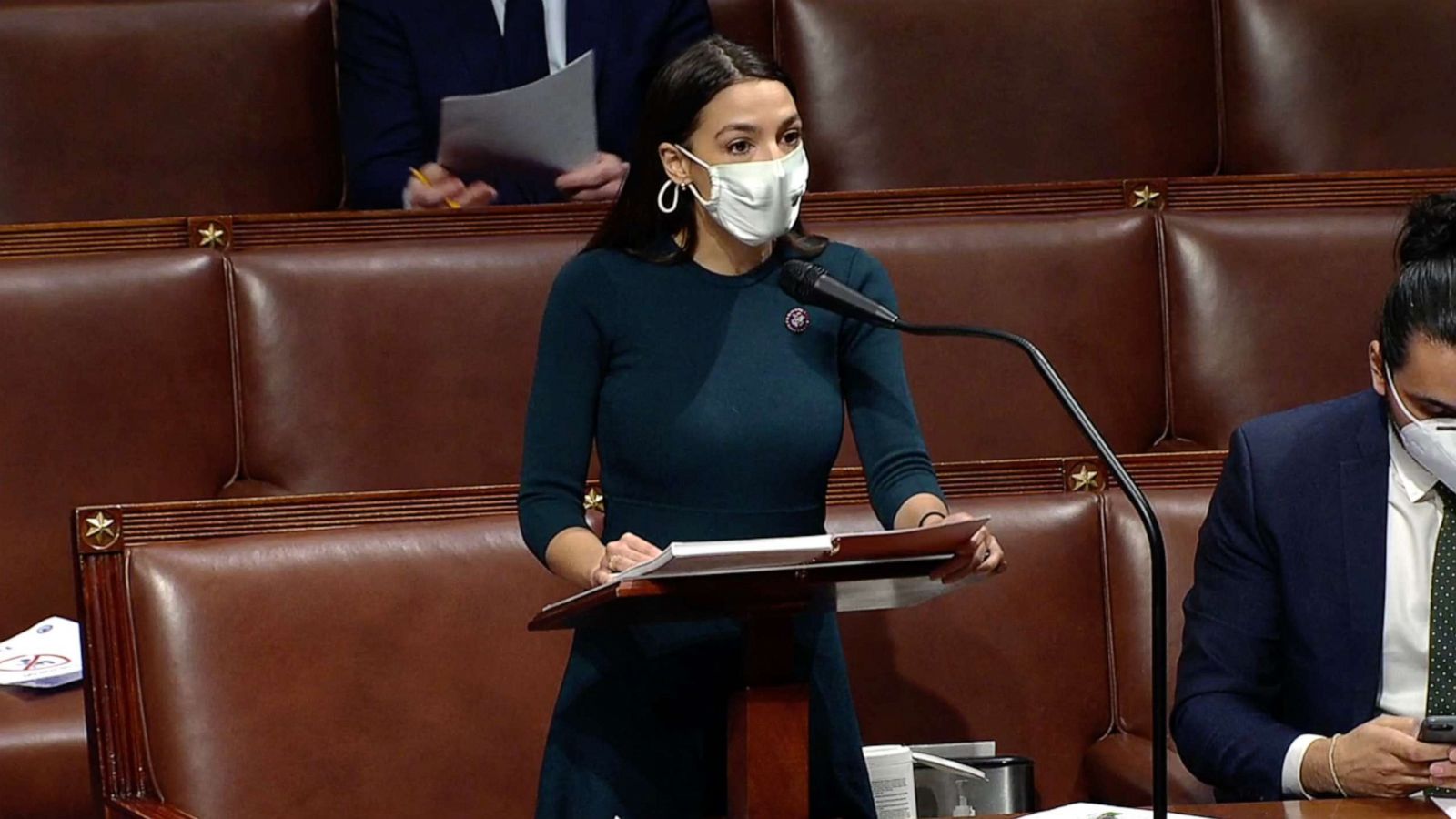
Republicans have mostly stayed silent or pushed back against the idea of an investigation. Some argued that the markets are naturally volatile and that any gains following Trump’s post were coincidental.
Others claimed that the president, like any public figure, has the right to express optimism about the economy.
But Democratic lawmakers say optimism doesn’t explain away the sharp timing, the internal discussions leading up to the announcement, or the specific phrasing of Trump’s Truth Social post.
Several have questioned whether that post constituted a “signal” to investors or insiders, a kind of unofficial green light that something big was coming.
Senator Warren, in her public remarks, said that using the powers of the presidency to send coded messages to the market is no less damaging than insider trading by corporate executives.
She called it a form of “institutional market rigging,” where only those with access or allegiance to the administration benefit from policy shifts.
While the SEC has not confirmed whether it will launch a formal investigation, pressure is building. Democrats in both chambers of Congress are pushing for oversight hearings and subpoenas for internal communications leading up to the tariff announcement.
A growing number of ethics watchdogs and financial journalists are also calling for clarity.
For AOC, the issue is part of a larger fight for accountability in a government that seems increasingly willing to abandon democratic norms in favor of personal gain and political power. She warned that the line between public service and private enrichment is being crossed so casually and frequently that it risks becoming invisible.
“The rules have to apply to everyone,” she said. “If they don’t, we don’t have a democracy. We have a kleptocracy.”
As the battle lines are drawn, the coming weeks may see the issue escalate into one of the defining political fights of the year. Whether or not Trump’s administration faces any legal consequences, the episode has once again exposed the fragility of oversight in a system that depends on accountability, transparency, and public trust.
In the meantime, AOC has pledged to continue speaking out, saying that silence is complicity. “This isn’t about left or right,” she concluded. “This is about right and wrong.”
And with Congress preparing to debate new ethics legislation and oversight reforms, the question looming over Washington is no longer just whether insider trading took place—but whether anyone will be held accountable if it did

